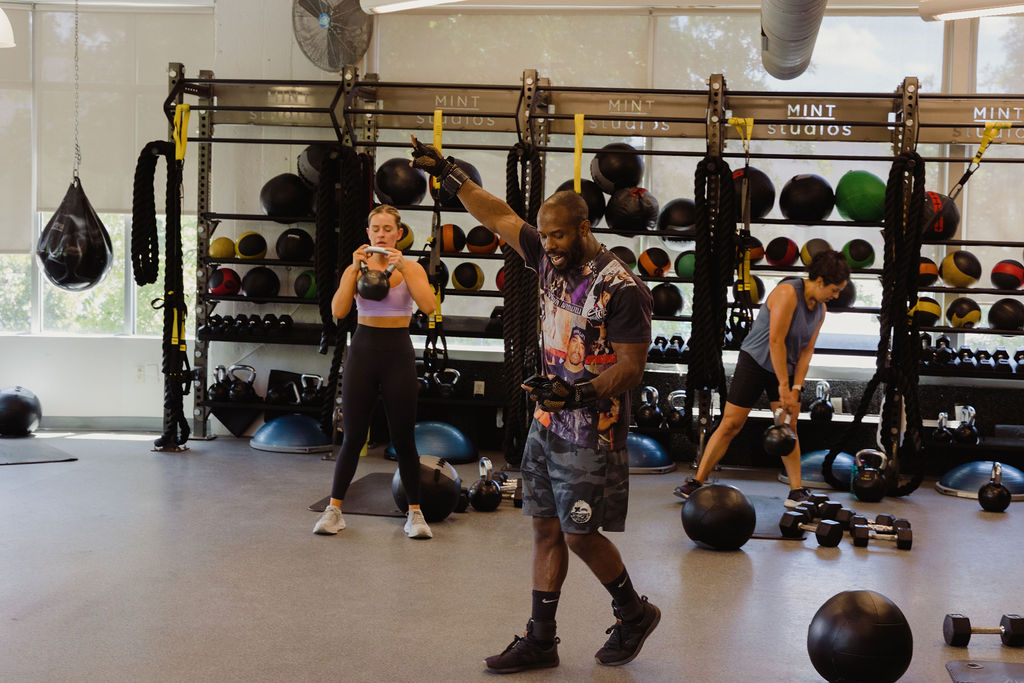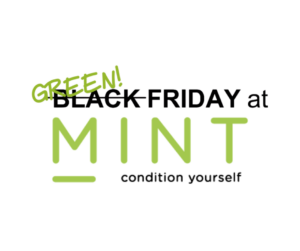We know that exercise has many health benefits, including simply making you feel good. But what exactly happens in your body when you start exercising? Here’s a breakdown on how your body responds to moderate-to-intense movement.

- Heart rate increases
The first thing you might notice when you begin moving – even in small amounts – is an increase in your heart rate. Sometimes this can happen even before you start exercising, an effect called an “anticipatory increase.” This is caused by a stress hormone that gets your body ready for more movement. As your workout continues, this process escalates. Heart rate typically rises by 20 to 50 beats per minute during exercise.
- Blood pumping
As your heart rate increases, blood pressure also rises, and the combination of the two leads to greater blood flow. Your body then directs that blood towards your muscles, providing them the oxygen and nutrients needed to adapt and grow with increased exercise.
- Breathing intensifies
One of the most noticeable effects of exercise is harder and quicker breathing. With especially intense exercise, you might feel burning or tightness in your chest. When you exercise, you increase your body’s need for oxygen because it’s working harder – therefore, your lungs need to take in more oxygen, which results in faster, harder breathing.
- Brain boost
You receive mental benefits within minutes of beginning exercise, as your brain becomes activated in the “priming stage.” This happens due to the above factors: increased heart rate, blood flow to muscles, and oxygen intake. The mood boosting side effects can include better focus and alertness, an adrenaline-fueled energy burst, and eventually, a calming effect as you settle into exercise.
Sometimes getting started can be the hardest part of your workout, and now you can see why! But these bodily reactions set you up for peak performance and long-term better health.
What sensations do you experience when you work out? Do you relate to the above responses, or do you feel other effects?




